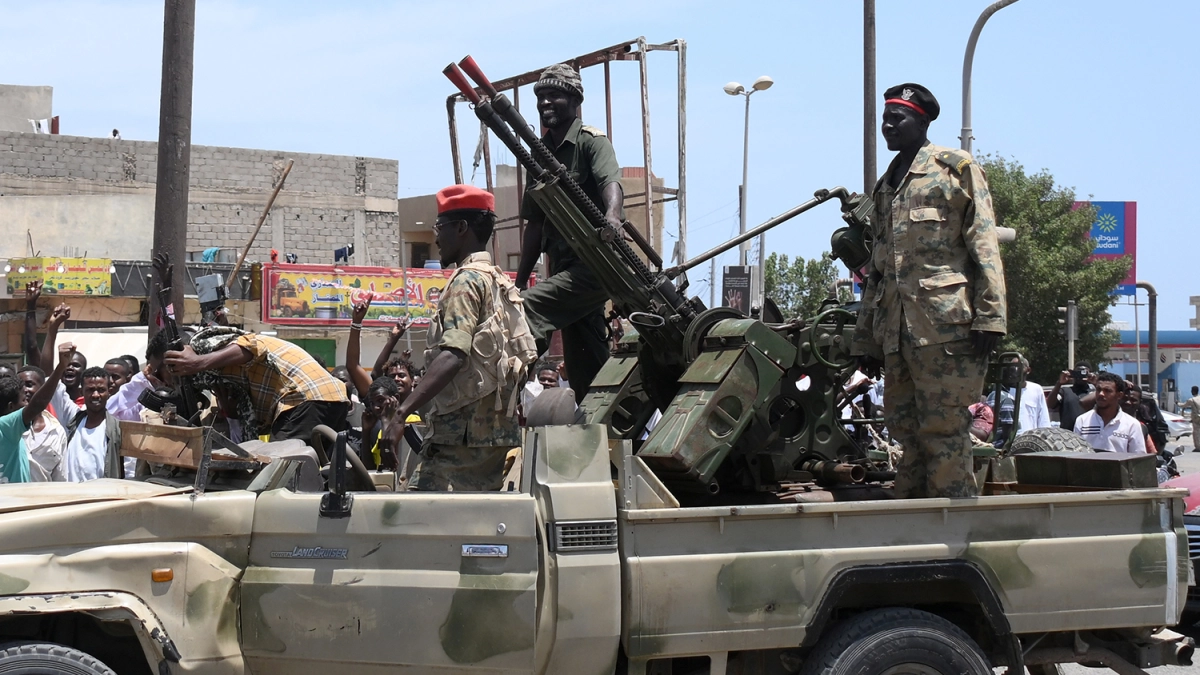US Secretary of State Antony Blinken announced on Monday that warring parties in Sudan had agreed to a 72-hour ceasefire from midnight, the third ceasefire to be announced since violence erupted in the country this month. However, none of the previous ceasefire agreements have held.
According to Blinken, an agreement had been reached between the army and the paramilitary Rapid Support Forces (RSF) after 48 hours of negotiations. Both sides have independently announced their involvement in the ceasefire.
Since fighting erupted on April 15th, at least 400 people have been killed. The UN Secretary General António Guterres has warned that the violence in Sudan risks causing a “catastrophic conflagration” that could engulf the whole region and beyond.
The violence primarily broke out in Khartoum between rival military factions battling for control of Africa’s third-largest country. This came after members of the RSF were redeployed around the country, which the army saw as a threat. Since a 2021 coup, Sudan has been run by a council of generals, led by Gen Abdel Fattah al-Burhan, the head of the armed forces and in effect the country’s president, and his deputy and leader of the RSF, Gen Mohamed Hamdan Dagalo, better known as Hemedti.
The main sticking points in the conflict are plans to include the 100,000-strong RSF into the army and who would lead the new force. Gen Dagalo has accused Gen Burhan’s government of being “radical Islamists,” and he and the RSF have stated that they are “fighting for the people of Sudan to ensure the democratic progress for which they have so long yearned.” However, given the brutal track record of the RSF, many find this message hard to believe.
The violence in Sudan has caused tens of thousands of people to flee, including Sudanese citizens and those from neighboring countries. Foreign governments have scrambled to evacuate their diplomats and civilians as fighting rages in central, densely populated parts of the capital.
There will be hopes that the ceasefire will allow civilians to leave the city and for continued evacuations out of the country. However, as the US looks to potentially resume its diplomatic presence in Sudan, Blinken described the conditions there as “very challenging.” Sudan is currently suffering from an “internet blackout,” with connectivity at 2% of ordinary levels. Monitoring group NetBlocks reported that in Khartoum, the internet has been down since Sunday night.




